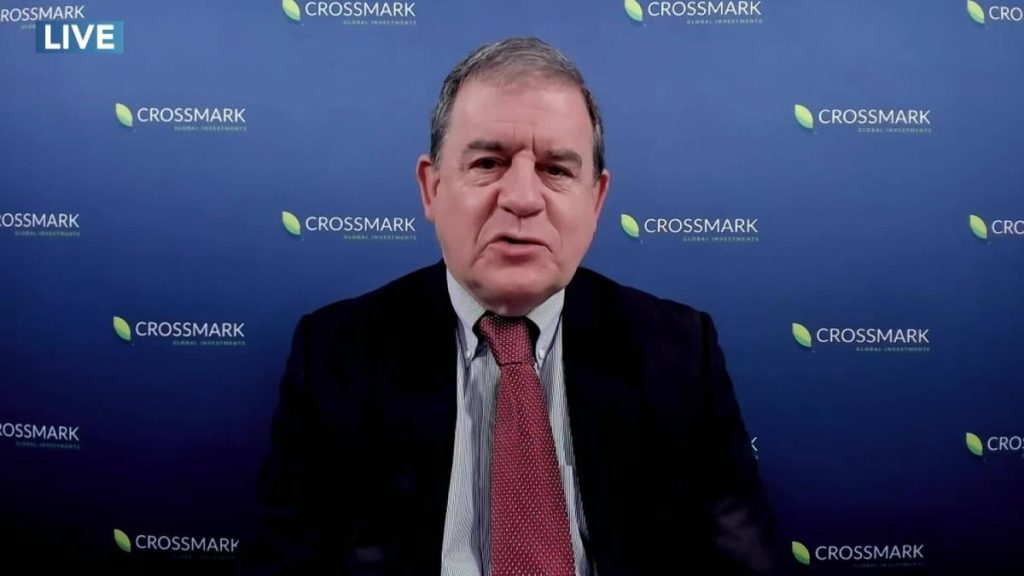
(Bloomberg) — Stocks got clobbered and bonds surged as another disappointing reading on the US consumer fueled concern about the health of the world’s largest economy.
Most Read from Bloomberg
Another big drop in the Nasdaq 100 pushed its four-day loss to around 5%, the most since early September, while a gauge of megacaps slipped into correction territory. Selling was heaviest in speculative corners of the market, with a 7.5% slide in Bitcoin spurring a plunge in exchange-traded funds specializing in crypto. A rally in Treasuries drove 10-year yields to their lowest levels in 2025.
US consumer confidence fell by the most since August 2021 on concerns about the outlook for the broader economy. The data followed recent disappointments on the retail, services and housing fronts. That’s prompted traders to boost their bets on Federal Reserve rate cuts this year even as inflation pressures seem to be intensifying again.
“The market still seems more worried about growth than inflation,” said Chris Verrone at Strategas.
The S&P 500 lost 0.7%, breaching its 100-day moving average. The Nasdaq 100 slid 1.3%. The Dow Jones Industrial Average wavered. A gauge of the “Magnificent Seven” megacaps sank 2.4%. Nvidia Corp. slumped 1.8% on the eve of its earnings report.
Wall Street’s “fear gauge” — the VIX index of equity volatility — hit the highest in 2025, topping 20.
The yield on 10-year Treasuries sank 10 basis points to 4.30%. Money markets are now fully pricing in more than two quarter-point reductions by the Fed in 2025. The dollar was little changed.
“Consumers are increasingly nervous about the unknow impacts from potential tariffs and could pull forward consumer demand as they anticipate higher prices for imports in the near future,” said Jeff Roach at LPL Financial.
One note of caution, Roach notes: consumer surveys are much more volatile than the hard data of retail sales. That means the Fed will not likely change their stance on monetary policy at the next couple meetings, he said.
“Consumer confidence continues to come off its election-fueled sugar high from November,” said Bret Kenwell at eToro. “Economic uncertainty remains elevated, whether that’s around tariffs or more US-centric data like inflation or retail sales.”